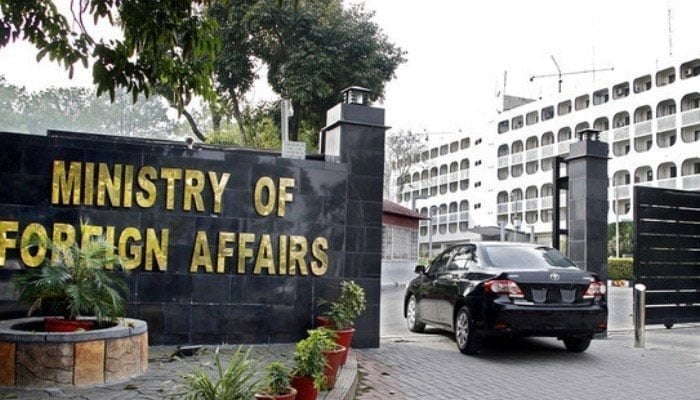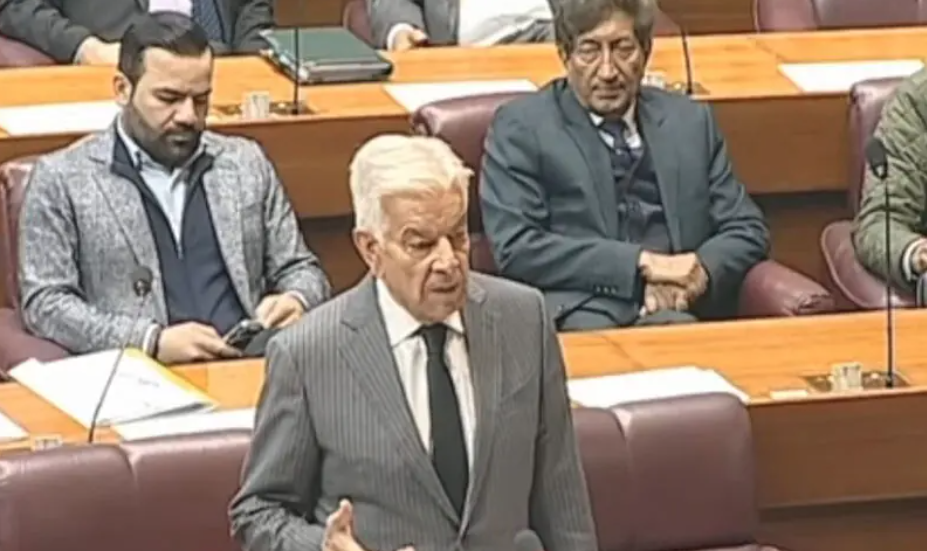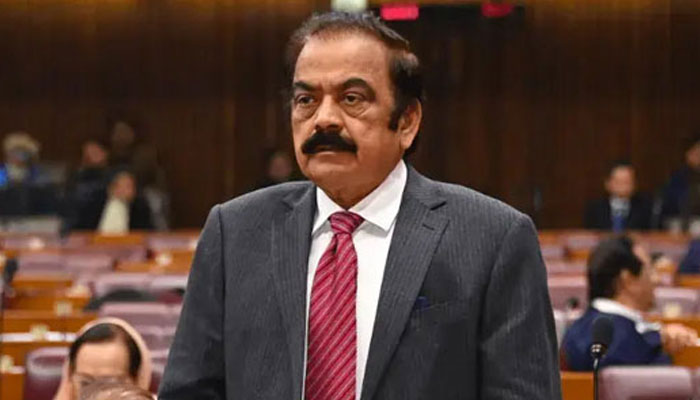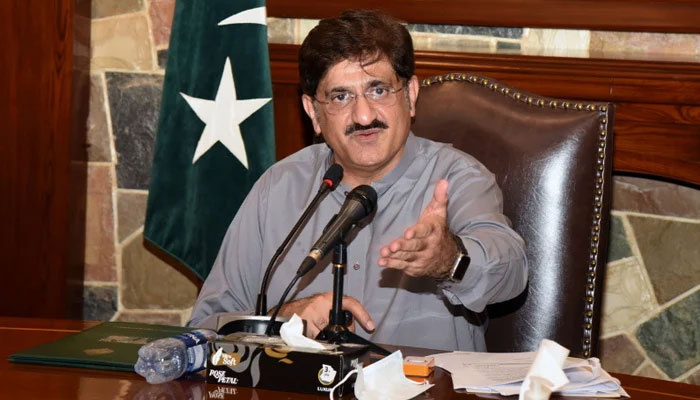POLITICS & POLICY MAKING

Islamabad: In a significant escalation of diplomatic tensions between India and Pakistan, the Pakistani Foreign Office summoned the Indian High Commission's Chargé d'Affaires, Geetka Srivastava, to lodge a formal protest against India's recent actions. Pakistan has taken several retaliatory measures, including expelling Indian diplomats, downgrading diplomatic relations, and suspending key agreements.
Sources revealed that Pakistan has declared the Indian land, naval, and air attaches in the Indian High Commission as "personas non grata" and ordered them to leave the country immediately. This move is part of a broader response to India's actions, which Pakistan claims have violated diplomatic norms. In addition to the military attaches, the staff members of the Indian High Commission have also been ordered to depart within 48 hours.
Pakistan's protest has been formally conveyed to India in writing, outlining the steps taken in retaliation. The Indian Chargé d'Affaires was informed that Pakistan would be limiting the Indian High Commission’s staff to just 30 people, significantly reducing its diplomatic presence in the country.
Further, Pakistan has announced the closure of the Wagah border, a key crossing point between the two nations, and has imposed restrictions on Indian commercial flights by closing Pakistani airspace to them. These measures are part of Pakistan's broader strategy to counter what it views as India's provocative actions.
Suspension of Agreements and Trade
In a significant move, Pakistan has also informed India of the potential suspension of several bilateral agreements, including the historic Simla Agreement and other agreements that have governed Pakistan-India relations for decades. The government has also taken the step of suspending all trade with India, including indirect trade, as a response to what it describes as unilateral actions by India.
This sequence of retaliatory actions follows growing tensions in the region, with Pakistan taking a firm stance on protecting its interests and responding decisively to Indian measures. Diplomatic sources suggest that these steps are part of Pakistan’s broader strategy to send a strong message to India regarding its recent actions, which have been deemed provocative and harmful to regional stability.
As the situation continues to unfold, the international community is closely monitoring the diplomatic standoff between the two nuclear-armed neighbors, who have a long history of tension and conflict.




